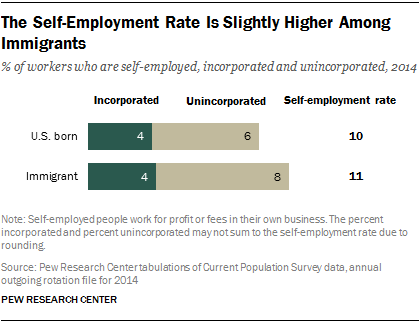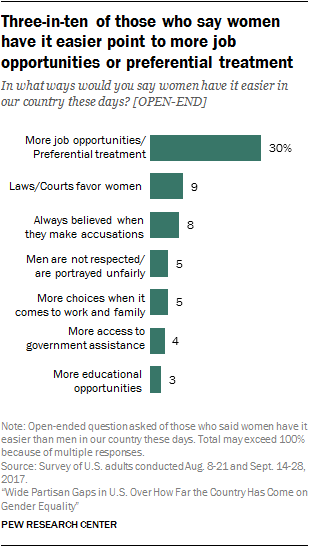


Isaac Mei, Associate Social Media Strategist Margaret Porteus, Information Graphics DesignerĪndrea Caumont, Digital Engagement Manager Michael Lipka, Editorial Manager, Religion Research Sara Atske, Associate Digital Producer Editorial and Graphic Design Rachel Weisel, Associate Director, Communications Imran Siddiqui, Intern Communications and Web Publishing Aubin, Research AssistantĪndrew Mercer, Senior Research Methodologist Regina Widjaya, Computational Social ScientistĬhristopher St. Katerina Eva Matsa, Associate Director, Journalism Research Galen Stocking, Senior Computational Social ScientistĪmy Mitchell, Director, Journalism Research This report is a collaborative effort based on the input and analysis of the Center’s journalism and media research team, communications, design, digital and editorial teams. This is the latest report in Pew Research Center’s ongoing investigation of the state of news, information and journalism in the digital age, a research program funded by The Pew Charitable Trusts, with generous support from the John S. 'There's no perfect institution': 'Honk for Jesus.Pew Research Center is a subsidiary of The Pew Charitable Trusts, its primary funder. Pew noted that every scenario assumed current demographic trends – migration, births and deaths – remain constant. 2 models for a Christian retention rate of 50% or above in the U.S. continue, but only until they reach the boundary of what has been observed around the world, including in Western Europe.”ĭata from dozens of countries around the world show that most people ages 30 to 49 who reported being raised Christian are still Christian, meaning that the Christian retention rate in those countries has not not fallen below 50%, according to Pew. 2, which sees Christianity dip below 50% of the population by 2050 and to 39% by 2070, “best illustrates what would happen if recent generational trends in the U.S. SCOTUS ruling: Supreme Court temporarily lets Jewish university refuse LGBTQ student group Which scenario is the most likely?

The religiously unaffiliated would make up 34% of the country, and members of other religions would make up 12%. This scenario appears unrealistic based on recent trends, as it assumes that Americans abruptly stop leaving religion after 2020.Įven still, Christianity would see a 10% decline by 2070 as older American Christians die, according to Pew Research Center. 4: Christianity retains slim majority by 2070 The percentage of Americans who are Christians drops to 35%, and the percentage of Americans who belong to a non-Christian religion make up the remaining 12%. 3: US mostly secular by 2070īy 2070, 52% of Americans will not identify with any religion in this scenario, in which switching rises at a constant rate. Previously: One in four Americans identify as 'Nones.' Why are millions leaving organized religion?Įach scenario begins with the nation’s religious makeup in 2020, as estimated by the Pew Research Center: 64% Christian, 30% unaffiliated and 6% members of all other religions.Ĭhristians make up less than 50% of the country by 2070 in three of the four scenarios. The number of Americans who identify as agnostic, atheist or don't affiliate with a particular religion has grown dramatically since the 1990s, according to the research center.

Pew said its models examined a scenario in which switching rates remain the same, two scenarios in which switching rates speed up, and one scenario in which switching rates halt completely. WESTAT is a nonpartisan survey research firm that conducts statistical research for government and other organizations. Pew Research does not take policy positions. We conduct public opinion polling, demographic research, content analysis and other data-driven social science research. The Pew Research Center is a nonpartisan organization that provides information to the public on important events and trends in both America and the world. The study modeled four hypothetical scenarios, each representing a different rate of “switching,” which the Pew Research Center defined “as a change between the religion in which a person was raised (in childhood) and their present religious identity (in adulthood).” Quick linksPew Research Center is a nonpartisan fact tank that informs the public about the issues, attitudes and trends shaping the world. Projections indicate Christians could lose majority status in the United States by 2070, according to modeling released by the Pew Research Center.


 0 kommentar(er)
0 kommentar(er)
